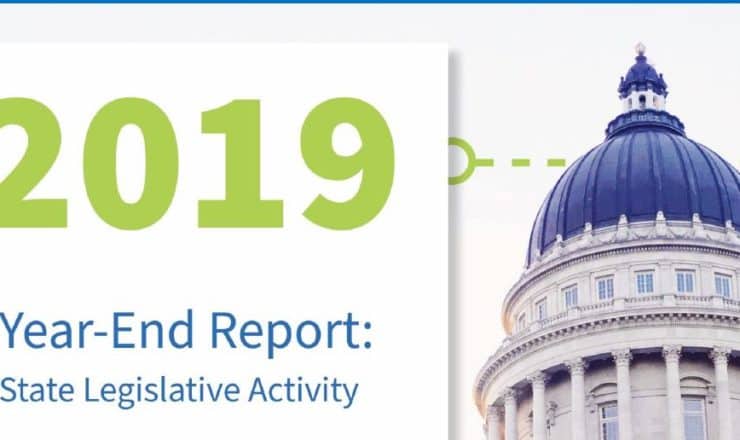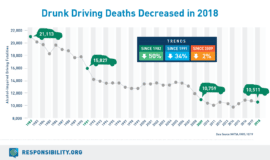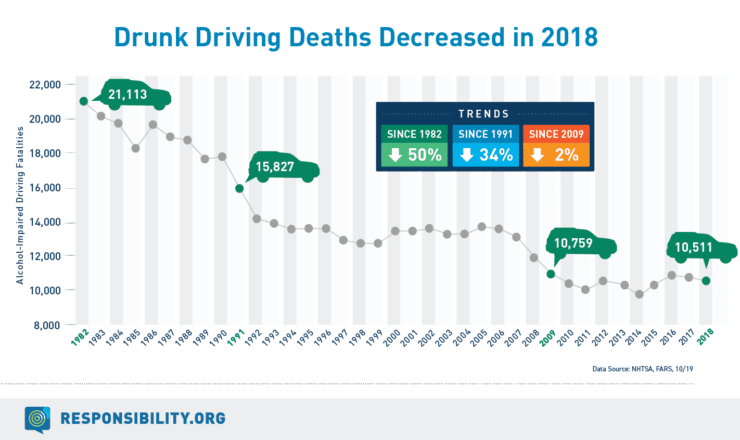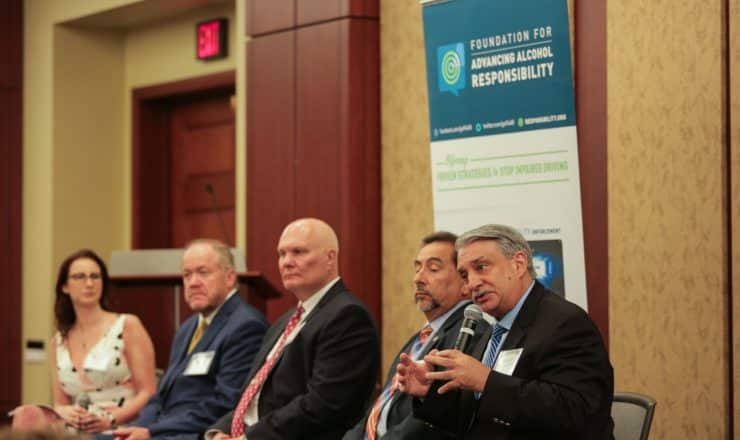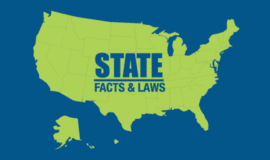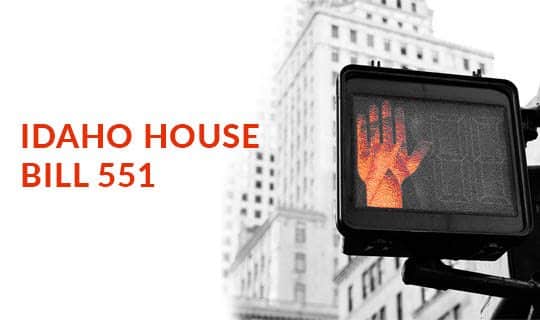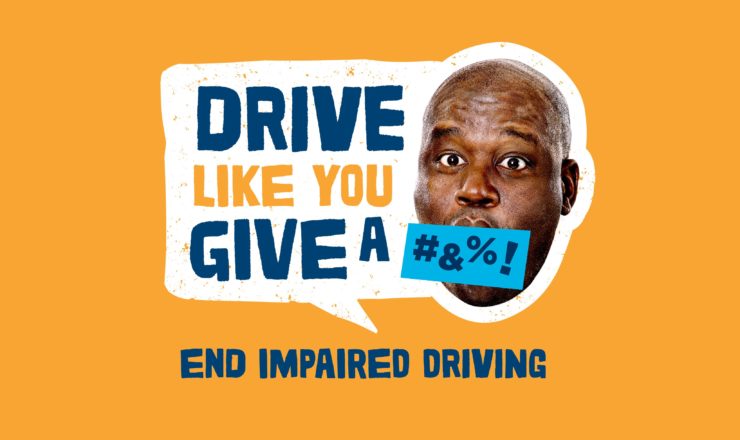SCOTUS to determine constitutionality of criminalizing BAC test refusal
The passage of strong laws and their subsequent implementation and enforcement is integral to the protection of drivers on our nation’s roadways. However, sometimes these laws are challenged at the highest level. This is what occurred yesterday as the Supreme Court of the United States (SCOTUS) heard oral arguments in the case of Birchfield v. North Dakota to determine whether, in the absence of a warrant, a state may make it a crime for a driver to refuse a chemical test to detect the presence of alcohol in the person’s blood.
The Birchfield case is consolidated with two others (Bernard v. Minnesota and Beylund v. North Dakota). Attorneys for the plaintiff argue that criminalizing test refusal is unconstitutional under the Fourth Amendment right to protection from unreasonable search and seizure and therefore, should be struck down. This is not the first time that traffic safety policy has faced a constitutional challenge. Back in 2013 in Missouri v. McNeely, SCOTUS ruled that law enforcement are required to obtain a warrant for a blood draw in impaired driving cases as the invasive nature of taking blood constituted a search. In its 5-4 decision, the Court further found that McNeely’s "case was unquestionably a routine DWI case” in which no factors other than the natural dissipation of blood-alcohol suggested that there was an emergency. Therefore, the court held that the non-consensual warrantless blood draw violated McNeely’s Fourth Amendment right to be free from unreasonable searches of his person. However, the Court left open the possibility that the "exigent circumstances" exception to that general requirement might apply in some cases. The court stopped short of defining these circumstances.
The current case further explores Fourth Amendment issues as it relates to traffic stops and chemical tests. It has long been held that driving is a privilege and that no one has a constitutional right to operate a motor vehicle. If an individual does not want to be subject to implied consent laws, then they can opt not to drive. While it is a constitutional right to refuse the blood alcohol concentration (BAC) test, doing so results in consequences which vary from one state to another. In most states, the penalty is administrative in nature in the form of a license suspension. In 16 states, criminal penalties are attached to test refusal in some capacity. The rationale for applying criminal sanctions is to deter individuals from refusing to submit to the test which subsequently deprives the state of the best evidence (i.e., BAC level) to secure a conviction.
Many arguments have been put forward to uphold existing law and practice including:
- Chemical tests may be treated as a routine search incident to arrest.
- Motorists may be deemed to have consented to the administration of such tests; a defendant has granted implied consent to the search and the basis for this implied consent is grounded in a strong public interest of promoting safety.
- Licensed drivers have a diminished expectation of privacy with respect to enforcement of drunk driving laws because they are presumed to know the laws governing the operation of a motor vehicle and the implied consent laws contain safeguards to prohibit suspicion-less requests by law enforcement to submit to a chemical test.
- Warrantless test requirements are per se reasonable.
During the oral arguments, the justices engaged in debate around the invasiveness of breath tests versus blood tests and whether a warrant should be required for every chemical test. Several of the justices seemed to be in agreement that the minimally invasive nature of breath tests could classify them as a routine search incident to arrest. Justice Kagan noted that “This is about as uninvasive as a search can possibly be.” However, when it became clear that the majority of evidential breath testing occurs at the police station as opposed to roadside, the issue became murkier. The justices questioned why, given the increasing prevalence of electronic warrant systems, police are not in a position to get a warrant for either a breath or blood test on the way to the police station. Justice Sotomayor also suggested that a charge of obstruction of justice could be applied in instances where an individual refused to comply with a warrant for a chemical test. A full transcript of the arguments can be found here.
The decision in this case, expected this summer, has the potential to greatly weaken existing impaired driving laws. If SCOTUS finds that criminalizing test refusal is a violation of Fourth Amendment rights this could result in a dramatic increase in the number of individuals who refuse to submit to a chemical test. Refusals undermine impaired driving prosecution as research has shown that those who refuse criminal tests are significantly less likely to be convicted of DUI. Moreover, if SCOTUS determines that warrants are required for chemical tests in all forms, this has the potential to dramatically alter the landscape of impaired driving enforcement and prosecution.
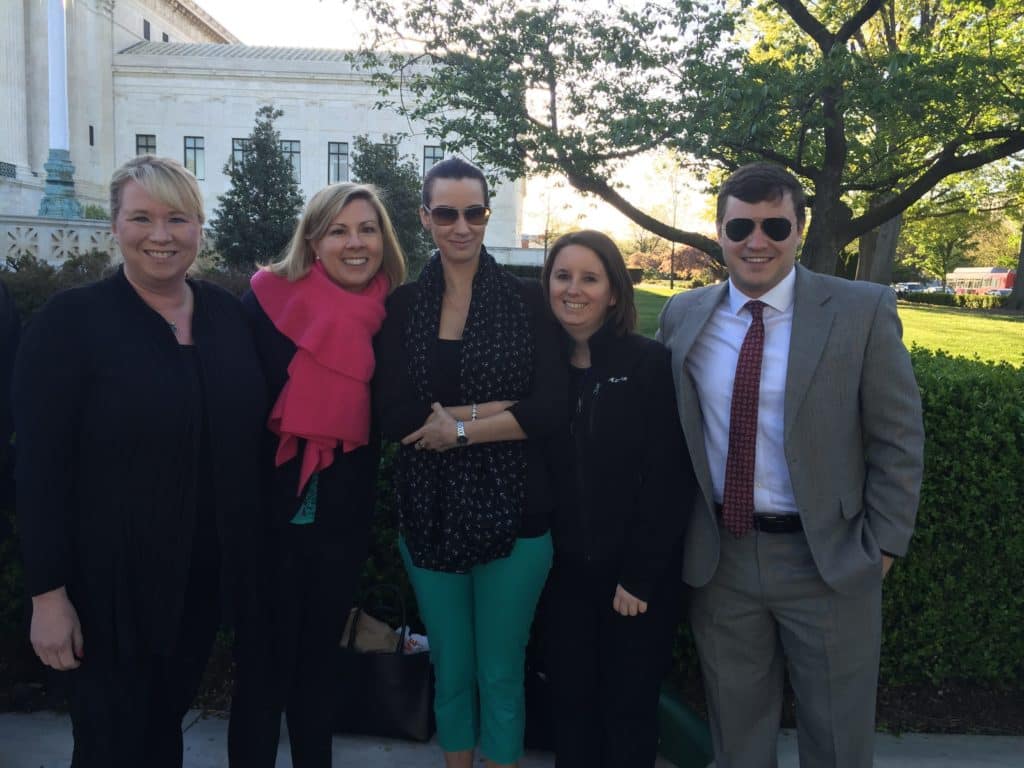
Erin Holmes, Director, Traffic Safety and Technical Writer for Criminal Justice Programs, is responsible for managing Responsibility.org’s traffic safety portfolio and partnerships, and is involved in the development of traffic safety and criminal justice policy.






